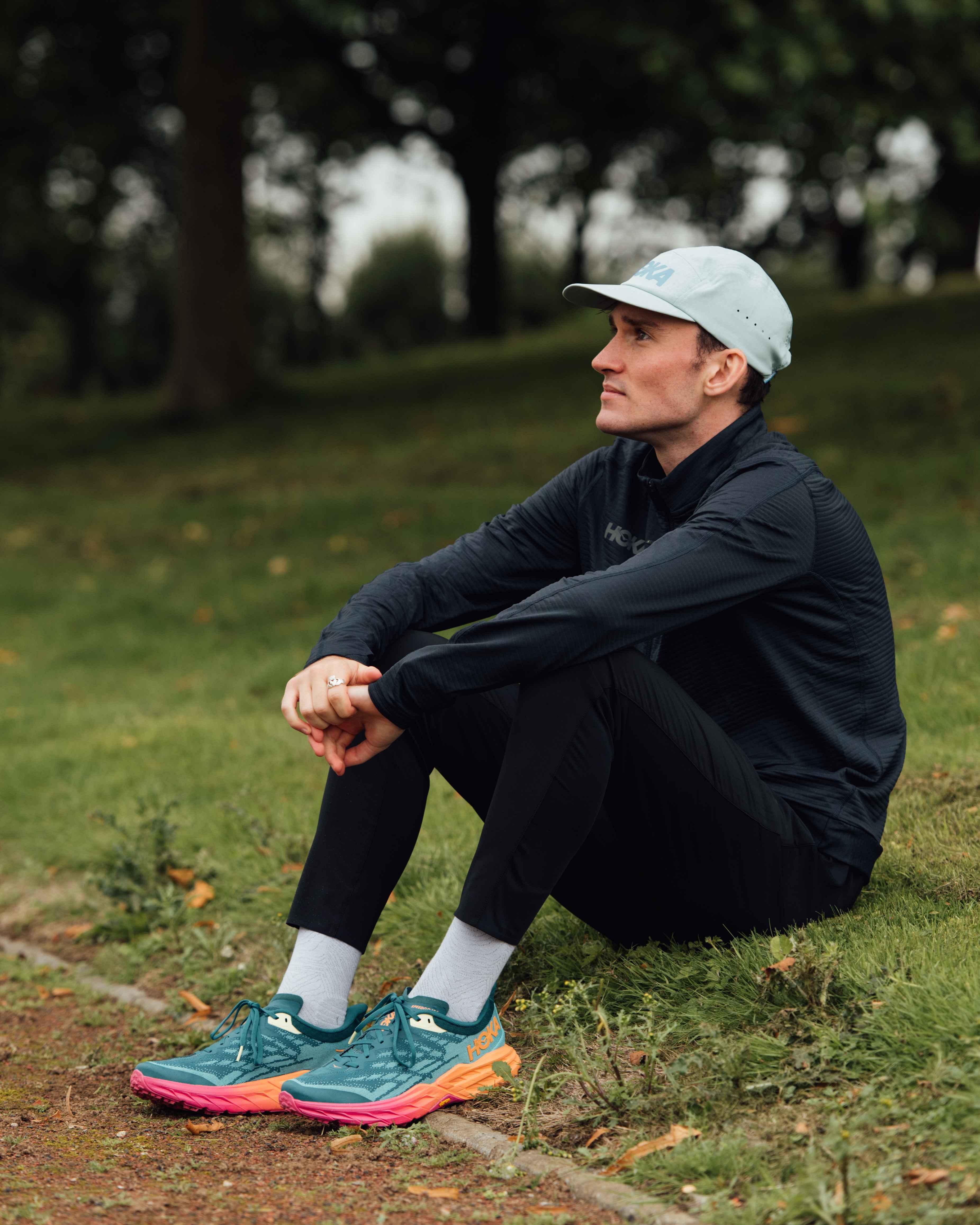Sibling Impacts
Parents can easily find themselves in a no-win situation regarding the fair allocation of time and attention when a young athlete has siblings, especially if they're not athletes. Whilst reducing time spent prioritising their athlete can adversely affect their progress, spending too much time risks other siblings feeling left out or jealous, with accusations of favouritism.
It’s alarmingly easy for your athlete’s sport to become your dominant focus at the expense of your other children… without you even realising it. This is especially likely if your athlete suddenly starts progressing and performance levels increase. Being aware that this can happen allows you to put in place strategies to mitigate the potentially damaging effects on other family members.
Expert Guidance
How You Can Help
Share Parental Responsibility
If the same parent always does the training and competition runs, difficulties can emerge within the family as one child can be seen to be receiving an unfair amount of time and attention from that parent. Feelings of favouritism can emerge that can cause unhappiness and potentially become damaging. Consider alternating this parental responsibility to allow all siblings time with both parents.
Divide Attention Equally
Balancing your time and attention somewhat between all of your children can be incredibly difficult at the best of times, especially if you’re a single parent. This can become even more problematic when one of them is an aspiring athlete. Having conversations with them about these difficulties and showing that you are trying to keep things as fair as possible, can often help. If they can see for themselves that you’re in an almost no-win situation, it can sometimes create a more understanding environment.
Athlete Siblings
If the athlete has other athlete siblings, keep the interest and attention equal across them all, irrespective of performance level. Parents must avoid loyalty issues that can trigger unhelpful competitive jealousies. Showing more attention to the higher-performing athlete can create feelings of ‘not being good enough’ for the other, potentially impacting their self-esteem, causing unhappiness and increasing the likelihood of long-standing confidence and self-worth issues.
Non-Athlete Siblings
Siblings not involved in sports can quickly feel excluded, especially if they have no other interests or hobbies that parents can share. Developing strategies to avoid them feeling ‘left out’ and/or ‘not good enough’ will be crucial for preserving a harmonious family dynamic and maintaining the sibling’s wellbeing. Siblings need to know that you care about them as much as their athlete brother or sister and will actively need you to demonstrate this as evidence for reassurance. Expecting them to assume you care might not be enough and can be risky.
Sport Conversations
Your athlete’s sport should be an occasional rather than regular topic of conversation during family times, especially meal times, to avoid other siblings feeling left out. Consider saving these conversations for car journies to and from training when you’re alone with your athlete.
Inadvertent Tension
Be aware that the athletes themself can feel genuine guilt that they’re receiving more of their parents’ time and attention than their siblings. This can create unease within the siblings’ relationships. Encourage your athlete to communicate with his/her siblings. For some, verbalising this guilt might help to reduce any tension that may be building.
Take Home Point
-
Be mindful of the time allocated to each of your children... try to ensure fairness and avoid favouritism (both can be compromised without you realising or meaning to).
-
Encourage siblings to become the athlete's No.1 fans to avoid jealousy and resentment creeping in.
-
Alternate parenting responsibilities to avoid one parent becoming over-invested in the athlete's sport.
-
Keep loyalties equal across athlete siblings, irrespective of performance levels.
-
Prioritise open communication to allow siblings to express their honest feelings and concerns.
-
Create an inclusive and supportive environment where each child feels valued, respected, and heard.
If you've found this information helpful, we've created The Athlete Place, our athlete-specific platform that will inform, motivate and inspire your athlete...
Evidence-Based Research
Our content is supported by:
-
Bean, C.N., Fortier, M., Post, C. and Chima, K., 2014. Understanding how organized youth sport may be harming individual players within the family unit: A literature review. International journal of environmental research and public health, 11(10), pp.10226-10268. (View Paper)
-
Harwood, C.G. and Knight, C.J., 2016. Parenting in sport. Sport, Exercise, and Performance Psychology, 5(2), p.84. (View Paper)






0 comments
Leave a comment
Please log in or register to post a comment